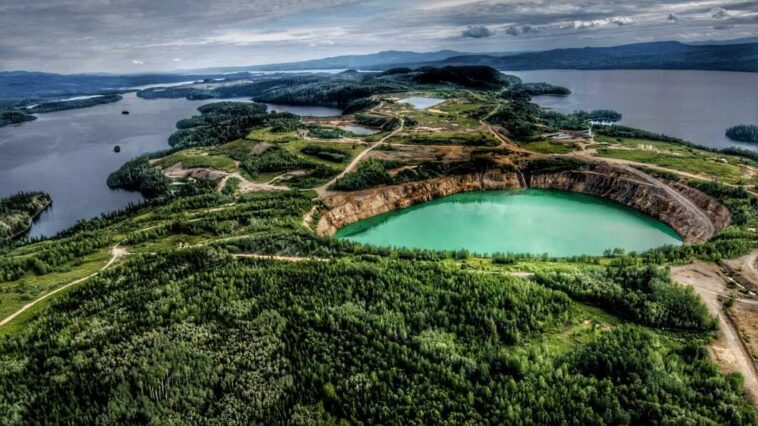We’re willing to bet that most people outside of the Skeena have never heard of Babine Lake. But the area is now the source of growing regional, provincial, and national media attention due to “dire” pollution detected in the water that could pose grave threats to our region’s wild salmon population.
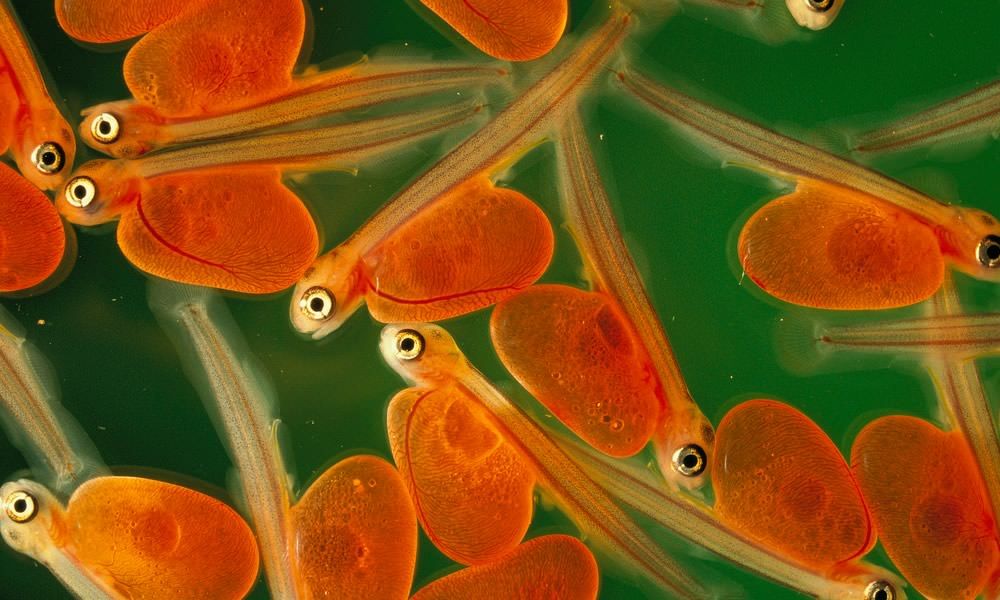
And one reason this story is starting to get regional, provincial, and national attention is that approximately 90 percent of all Skeena River sockeye spend the first part of their lives in Babine Lake, before smolting and heading down river to the open ocean.
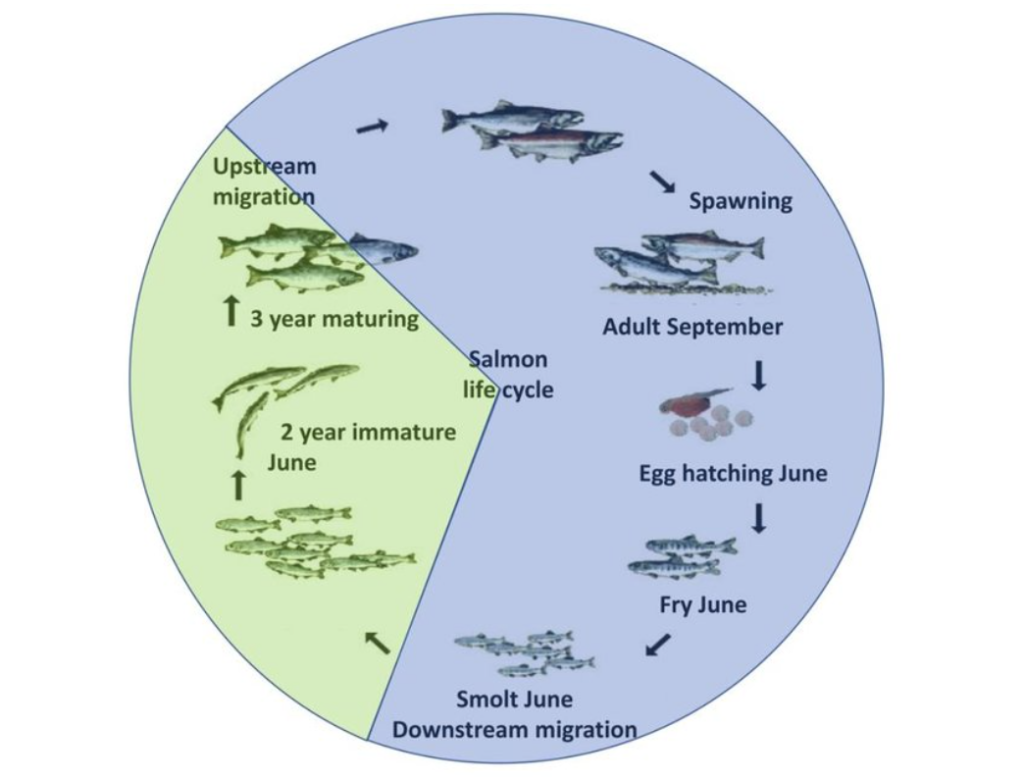
“B.C.’s ‘dirty secret’: more than 100 contaminated mine sites threaten water, wildlife and communities,” reads a story in the national outlet the Narwhal, which was recently republished in The Toronto Star, the largest newspaper in the country.

Provincial media is also taking interest. “Two decommissioned mines could be harming the water and aquatic life at Babine Lake,” reads a recent story in BC Local News.
Meanwhile, The Tyee, a media outlet based in Vancouver, ran a story entitled, “Babine Lake Mines Leaking Dangerous Contaminants into Salmon Habitat, Say Critics.”
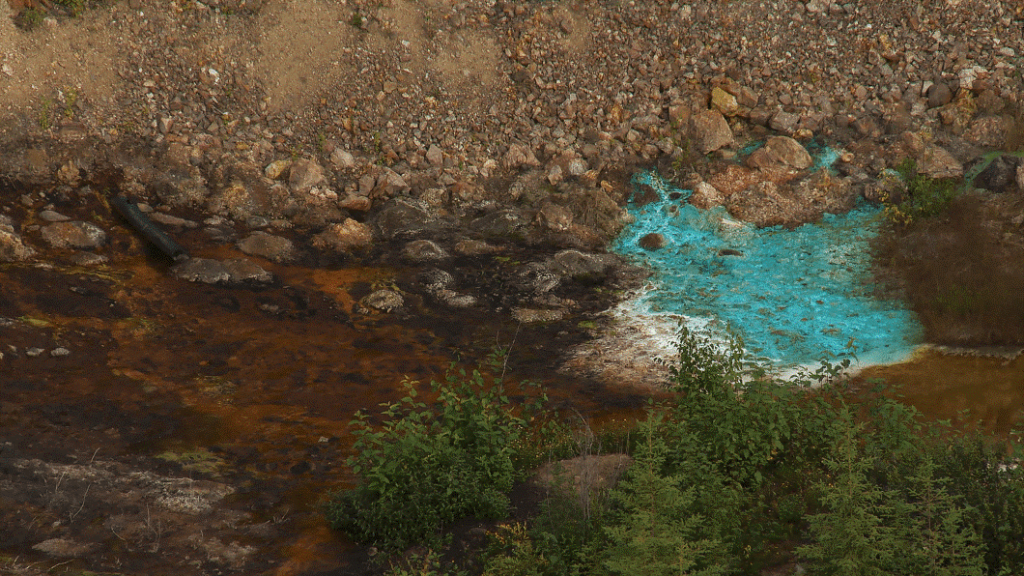
All this media buzz is due to a report released last month by SkeenaWild Conservation Trust and the Lake Babine Nation, which analyzes monitoring data from Glencore, a company that owns two decommissioned mines near Babine Lake.

The analysis suggests that the shuttered mines are “still discharging wastewater with metal concentrations 250 times higher than what’s considered safe for salmon,” according to the Narwhal.
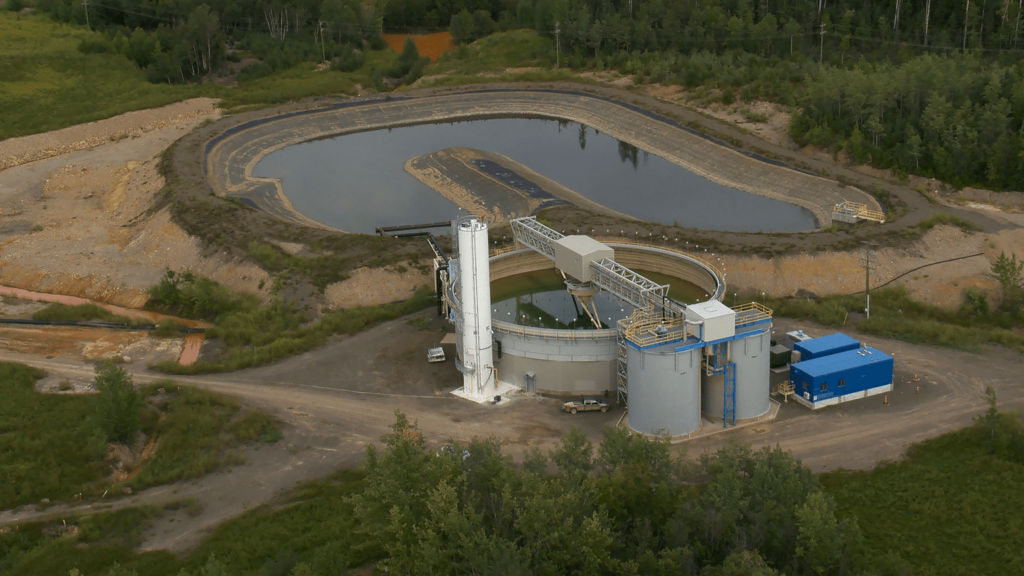
“Does it affect salmon? Obviously, if we’re putting discharge into the lake, and we’ve got zooplankton that the fish depend upon for food, it will affect them,” Donna Macintyre, fisheries director for Lake Babine Nation, told The Tyee.
However, Glencore Canada suggested fears are overblown because the sockeye live most of their lives in the ocean.
“Because of this, it is impossible to evaluate potential influences on sockeye salmon related to their time in the ocean,” a company spokesperson argued last month, adding that “Water quality in Babine Lake meets or is well below those water quality guidelines for all metals and other parameters.”


